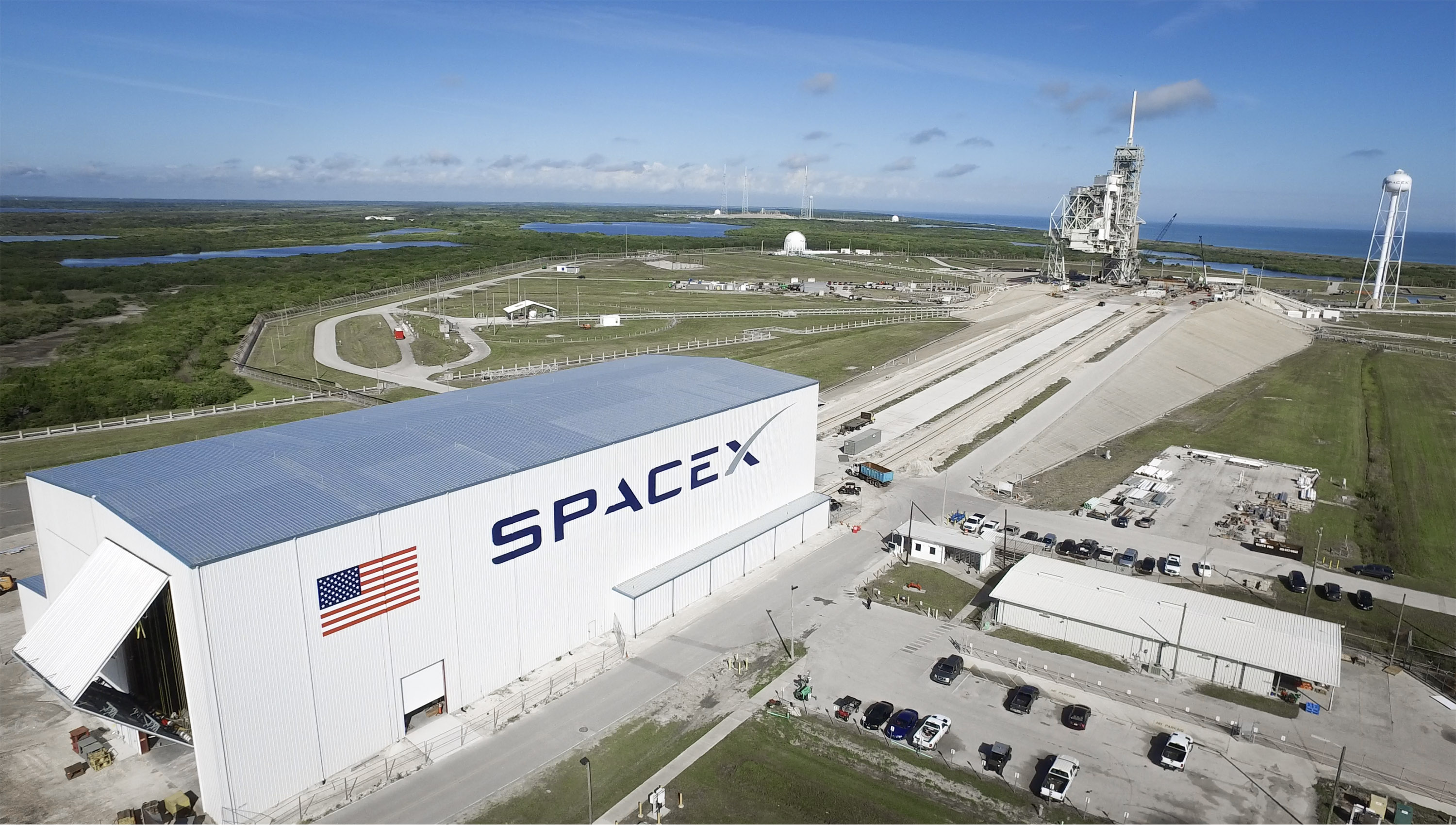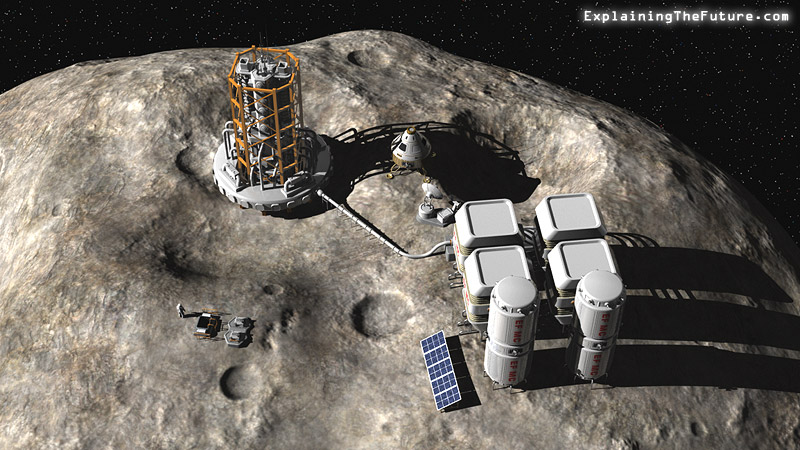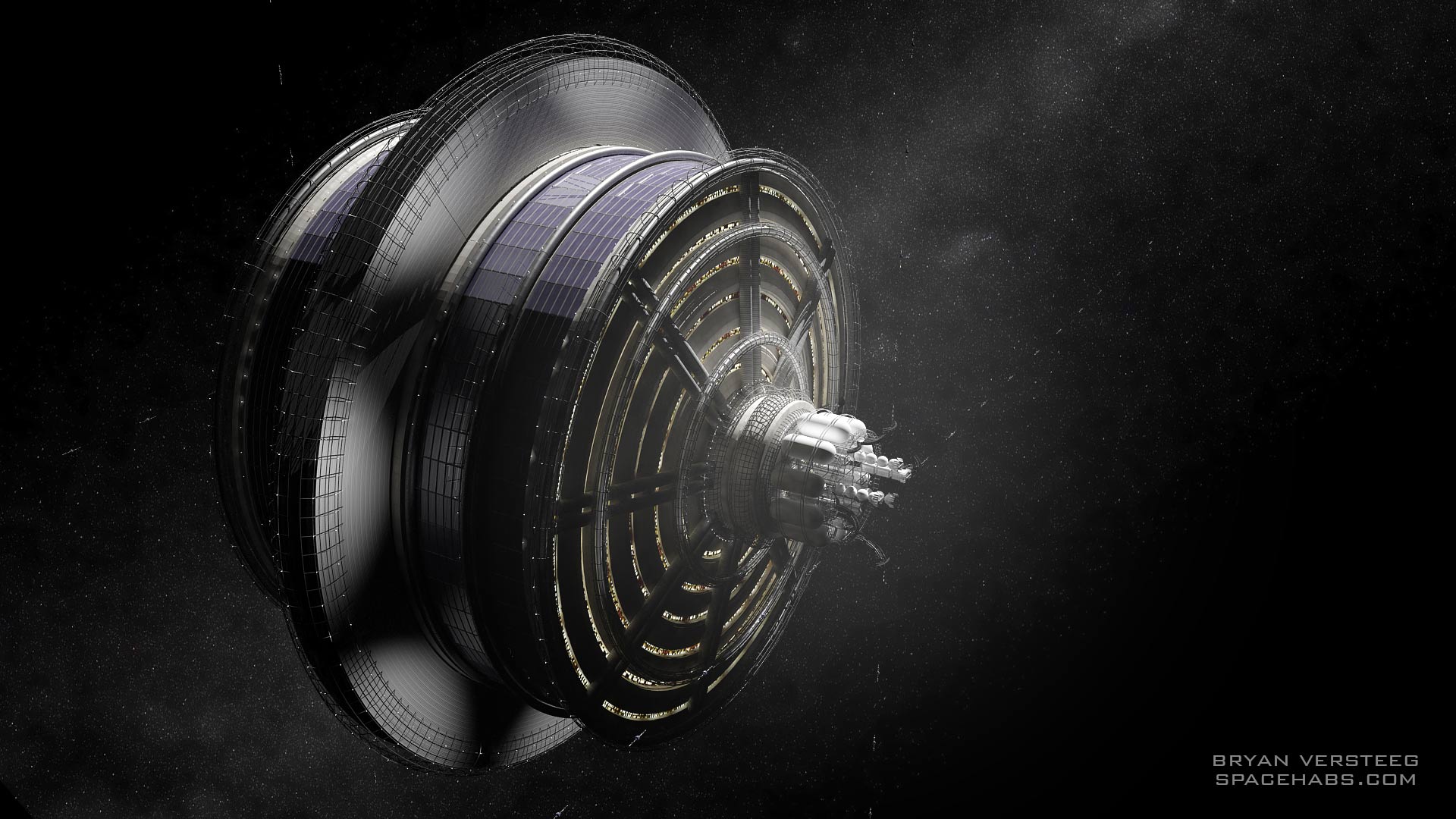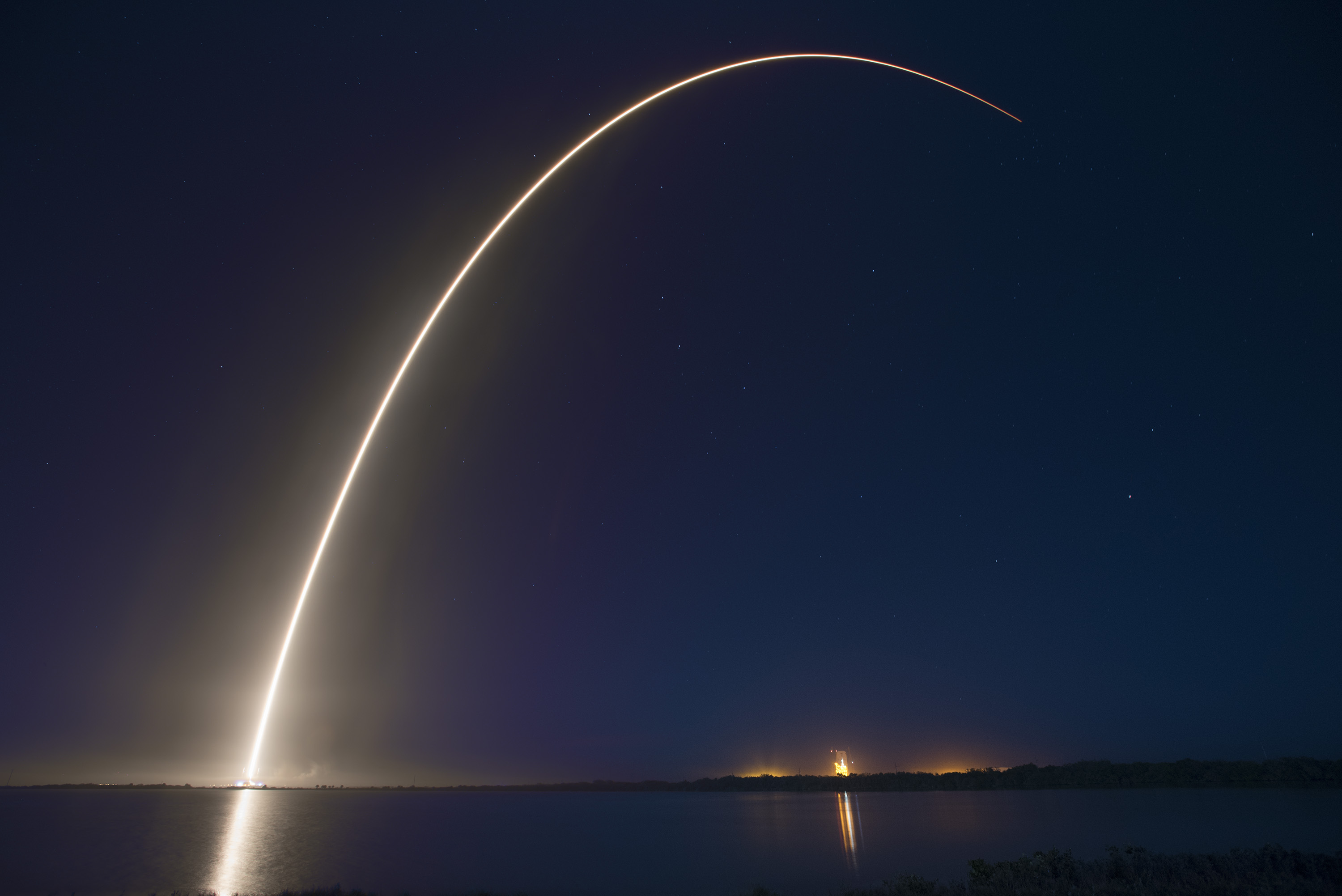Since the beginning of time, humans have always been fascinated and intrigued by outer space, the dream of venturing into the vast emptiness of space has existed throughout human history. However, the access to outer space has been severely limited. With the government controlling almost all the launches, chances of an individual experiencing the mesmerising beauty and vastness of outer space is really slim. Post cold war, most of the space agencies have seen severe budget cuts, further hindering the process of making space accessible for all. But in recent years, post-legalization of private space travel (in 2004), the participation of private companies has changed the whole dimension of space exploration. SpaceX and Virgin Galactic have become the two pioneers of private space exploration and are often hailed as the new major player in space exploration. They have collaborated with NASA to provide regular resupply launches to ISS and plans to conduct a manned mission is also in the pipelines. With private players in the market, outer space now does seem to have become a bit more accessible.

Today private companies are bidding against each other and trying to offer the most lucrative space ferrying contract to their customer while making a profit. This intense competition, which is only expected to rise exponentially in the near future, has ushered in a new era in low-cost and high-efficiency space rockets. Be it reusable rockets or launching spacecraft via an aeroplane these private companies are doing everything they can to bring down the cost. Apart from the obvious cost advantage these company also bring in a lot of Jobs, generate a tonne of revenue and help bear a part of the research and development cost, which previously was only borne by the government. Having private players in the market taking care of the transportation system, according to some experts, would help NASA save a lot of money. For example, while the shuttle program cost NASA $4 billion a year the new commercial resupply missions cost only $50 million per launch. Thus, leaving NASA a lot of money to focus its attention on developing new technology relevant to deep space exploration. Which eventually would pave the way for a manned interplanetary mission or perhaps deep space mining of asteroids to build our own galactic empire.

While the idea of having private players in this high-risk space industry does sound interesting, it comes with risks of its own. To begin with, these companies are for profit organisations and space is an unforgiving place – A combination that does not really blend well. With company evaluation done every quarter and investors expecting returns on their investment as soon as possible. These companies can not afford to invest on long term projects and deep space missions. But that is the least of our worries. The private space industry is still in its infancy and relies heavily on government spendings and contracts to stay afloat. They have issues securing insurance cover for their launch vehicles and satellites and do not have the required buffer to stay afloat in case of a major disaster. While virgin and SpaceX have sone certain resilience to failure, it was made possible only by pumping in the huge revenues generated by the other business endeavours of the company or taking out huge loans. Over the past few years, we have had many failed private space endeavours like Rotary Rocket, Kistler Aerospace, Blue Origin and these failures cost the government a lot of money. Generally way more money than their private partners, for example, the X-33 project, launched in 1996 and scrapped in 2001, cost NASA a whopping $ 922 million while Lockheed paid a mere $ 357 million. Private space companies are also bound to take away a huge chunk of the commercial satellite launch business away from the government launch agencies. Costing them millions or perhaps billions of dollars in direct revenue. And that is just the economic aspect of it. Completely outsourcing space transportation can also result in a monopoly of these companies and could potential defeat the very purpose of their creation.

The legalisation of asteroid mining and other potential ways to harness and utilise the vast resource pool present in our solar system would definitely improve living standards back home. But in the absence of a strong space legislation and a common body to monitor and control their activities, space could become a highly contested environment. Perhaps even leading to the weaponization of outer space and we might ultimately end up giving more autonomy and power to these for-profit corporates than we initially bargained for. These were the tangible segment that we just looked into, space exploration also has an intangible segment that we have completely overlooked. The feeling of national pride and honour associated with successful missions, a feeling that unites an entire nation and motivates them to push harder and deeper into the vastness of space. A feeling that private organisations fail to induce.
Privatisation of outer space does bring in tremendous opportunities and scope for growth, but they also bring in a wide array of problems and risks associated with it. Problems that might jeopardise the whole space-based economy, if left unresolved. The aerospace community should and must unite to address and resolve these issues before we advance any further and the private space industry becomes a menace too big to kill.




With thanks! Valuable information!